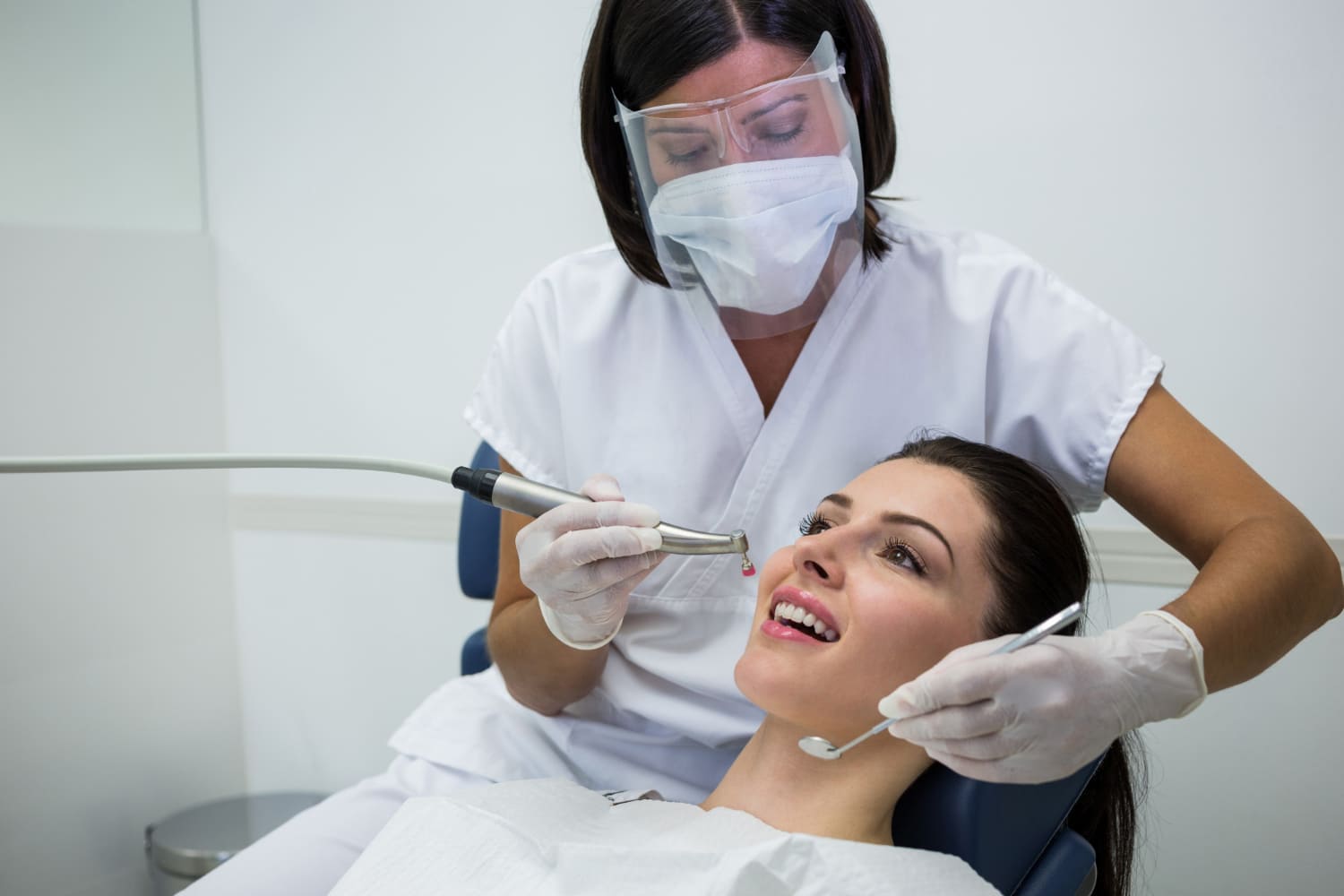Emergency Dental Treatments: What to Do When You Need Immediate Care

Dental crises can occur unexpectedly, resulting in pain and worry. Knowing how to address these situations can help you keep your teeth and avoid future difficulties. This quick article will go over the most frequent dental emergencies and the essential steps you should take before visiting a dentist.
Common Dental Emergencies
1.Severe Toothache: A sudden, strong toothache is generally the result of an underlying issue, such as an infection or severe decay. Rinse your mouth with warm water to clean the region. Using tooth floss, remove any stuck food particles that may be causing the pain. Avoid applying aspirin directly to the gums, as this can result in tissue burns. If the pain continues, take over-the-counter pain relievers and apply a cold compress to the outside of your cheek to reduce swelling until you see a dentist.
2.Knocked-Out Tooth: A knocked-out tooth is a dental emergency that need rapid attention. Pick up the tooth by its crown (chewing surface) without contacting the root. If the tooth is unclean, gently rinse it with water without scrubbing or removing any connected tissue bits. If at all feasible, try to restore the tooth to its original position. If you are unable to reinsert the tooth, keep it moist by placing it in a glass of milk or saline solution. Contact your dentist right away—getting there within 30 minutes to an hour boosts the odds of salvaging the tooth.
3.Chipped or Broken Tooth: If you chip or break a tooth, rinse your mouth with warm water to clean the affected area. If possible, save any parts of the tooth and use gauze to cover any bleeding. A cool compress on your cheek can assist to relieve swelling and soreness. Please contact your dentist as soon as possible. Depending on the severity, treatment options may include bonding, crowning, or other restorative operations.
4.Lost Filling or Crown: Losing a filling or crown might be painful, but it is usually less serious than other crises. You can use over-the-counter dental cement or sugarless gum to temporarily cover the exposed tooth. However, you should consult a dentist as soon as possible to minimise more harm.
5.Abscess: An abscess is a dangerous infection that manifests as a painful, swollen area of the gums, usually near the base of a tooth. It requires immediate action to prevent the infection from spreading. Rinse your mouth with a saltwater solution to relieve pain and pull out some of the infection, but contact your dentist very once. Antibiotics may be prescribed in addition to emptying the abscess.
Immediate Steps and Prevention
Avoid eating hard or chewy items while waiting for your dentist appointment, especially near the affected area. To minimize discomfort, stick to soft foods and liquids. Pain medications and cold compresses can help alleviate pain momentarily, but expert treatment is required.
Maintain good oral hygiene by brushing, flossing, and getting dental check-ups on a regular basis. To protect your teeth when playing sports, wear a mouthguard. Avoid using your teeth to open packages or bottles because this can result in cracks or breaks.
Conclusion
Dental crises are often unexpected and uncomfortable, but knowing how to respond can have a huge impact on the result. If you encounter any of these emergencies, take the necessary precautions to safeguard your teeth and seek dental care as soon as possible. Quick action can save your smile and prevent future difficulties.
